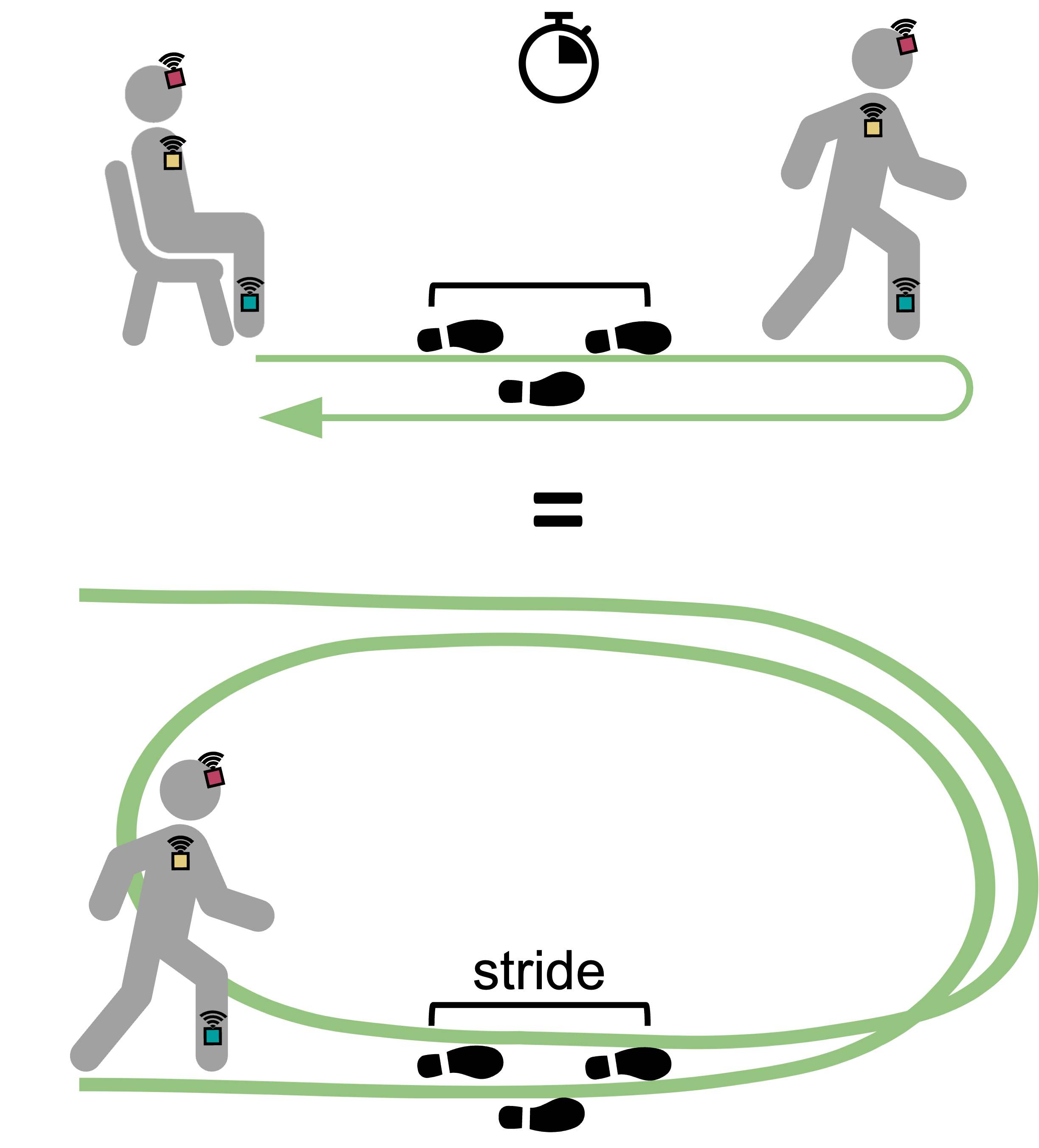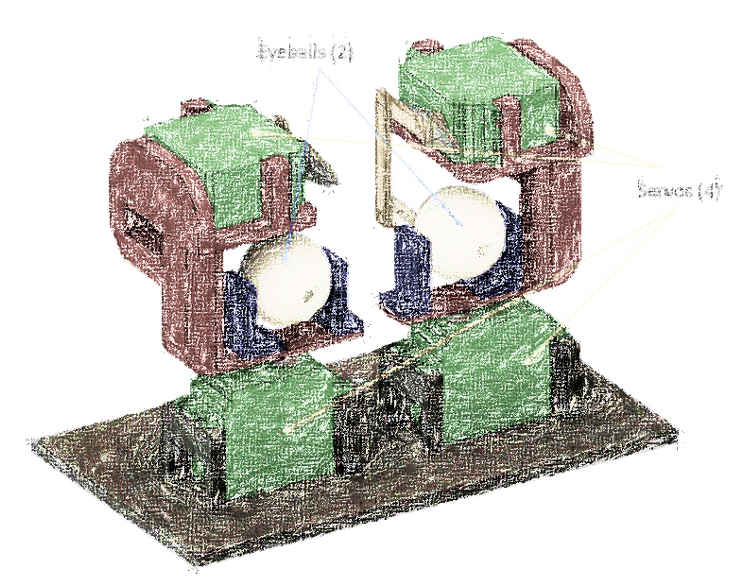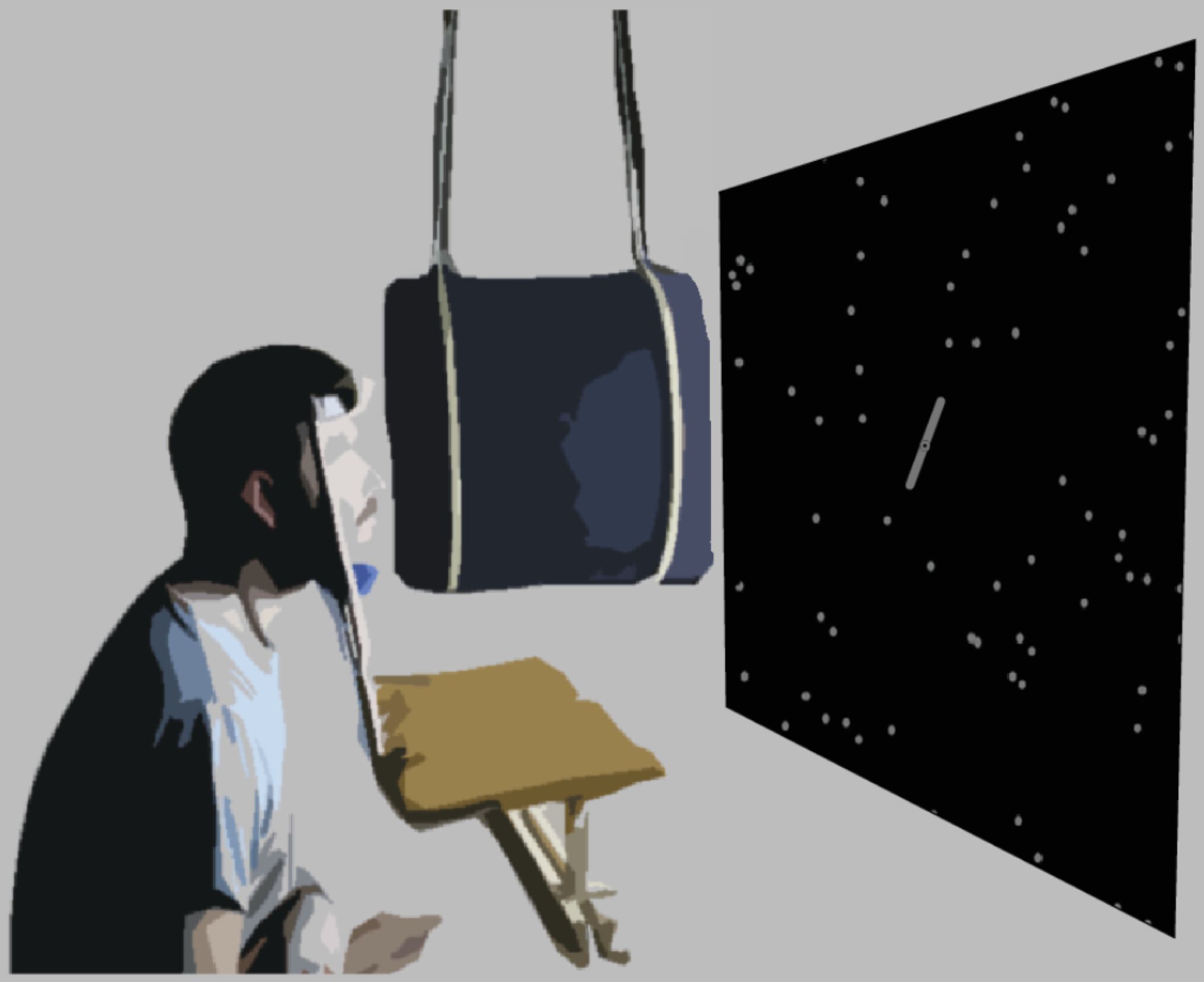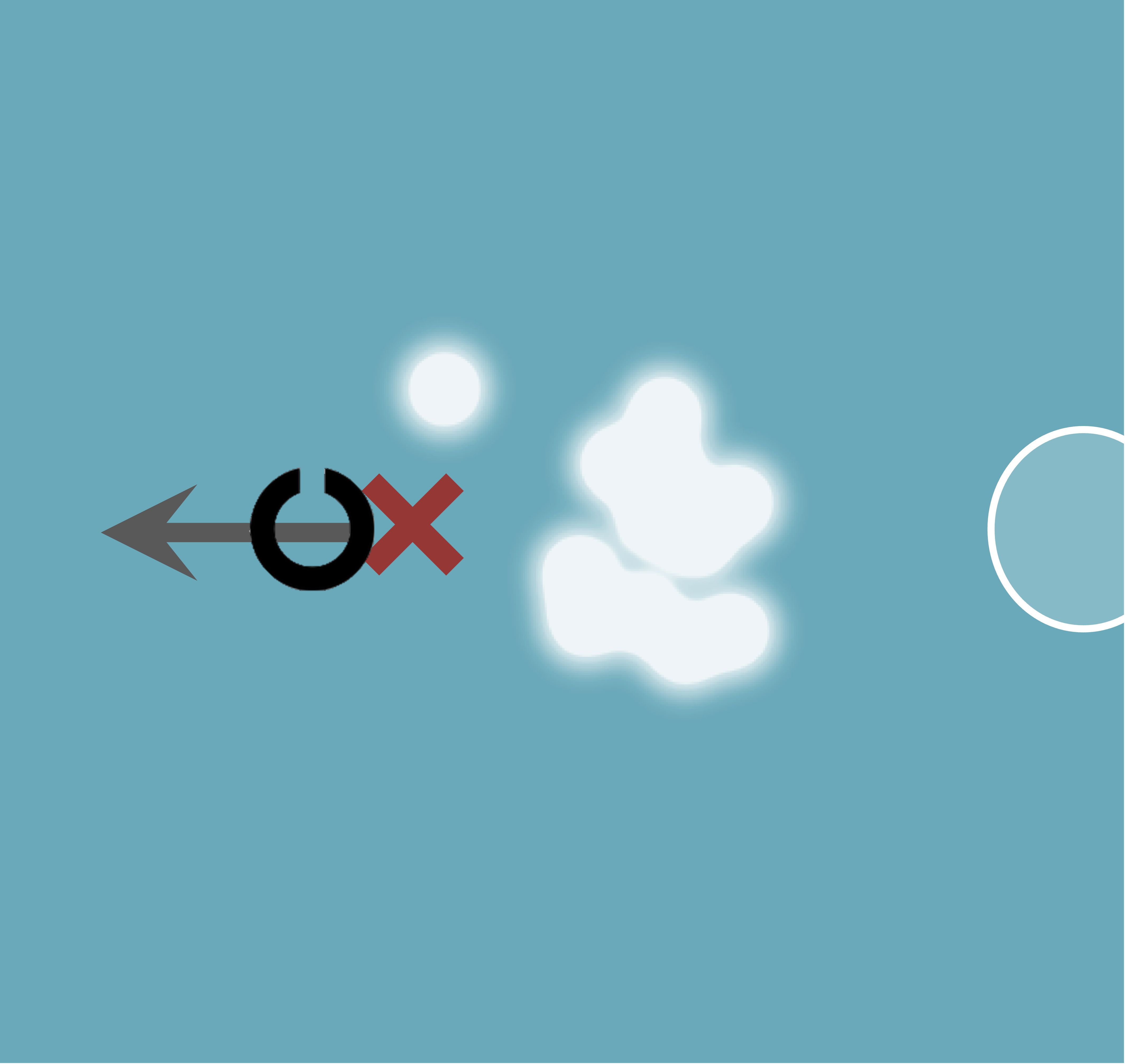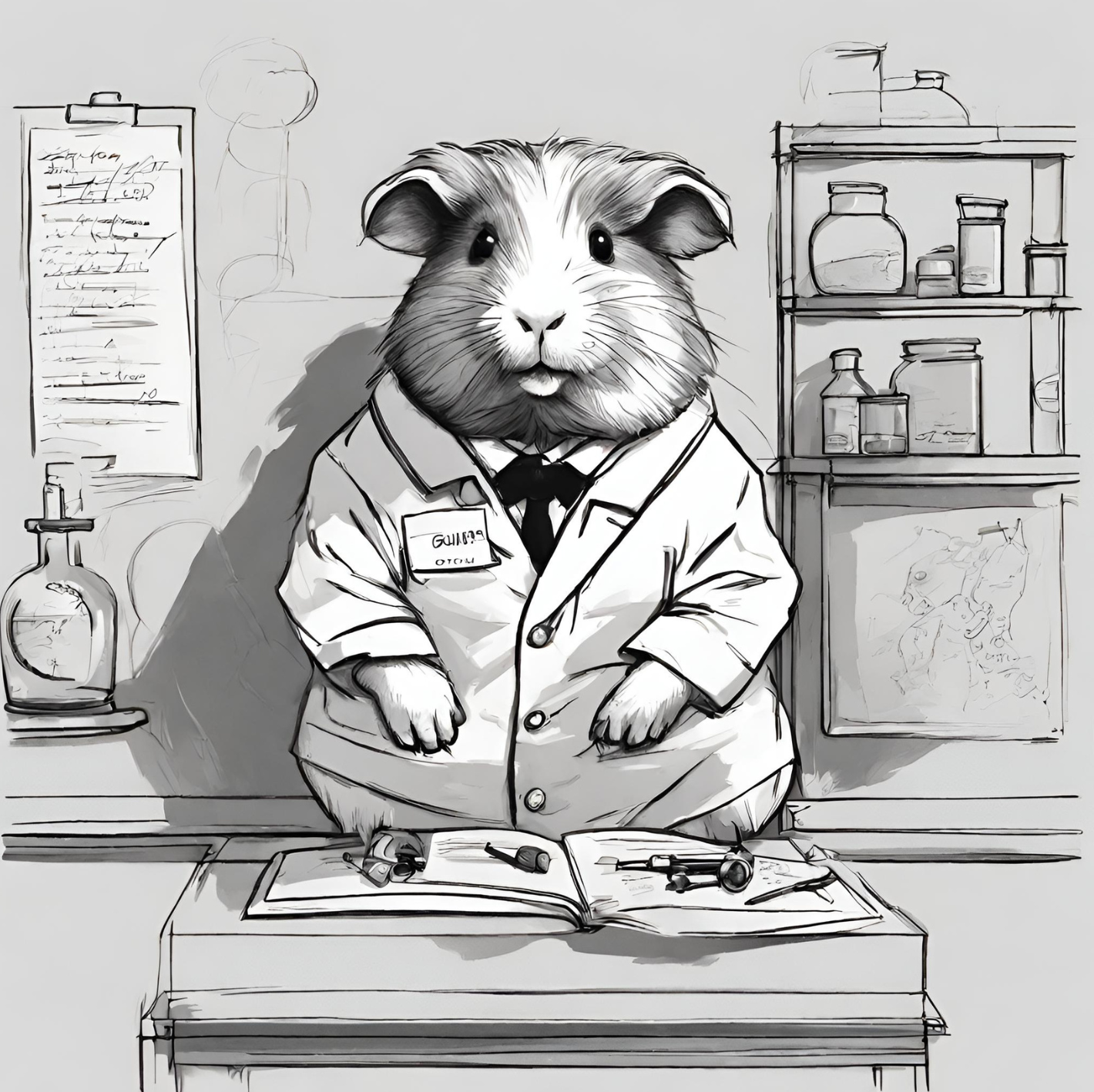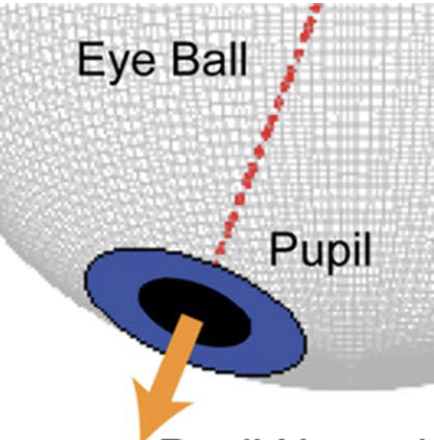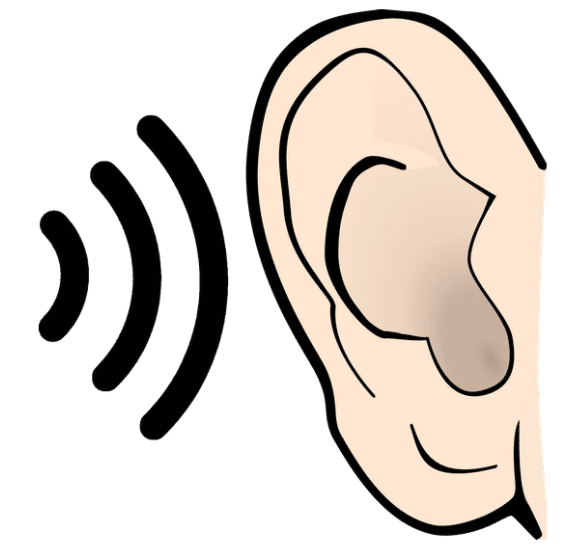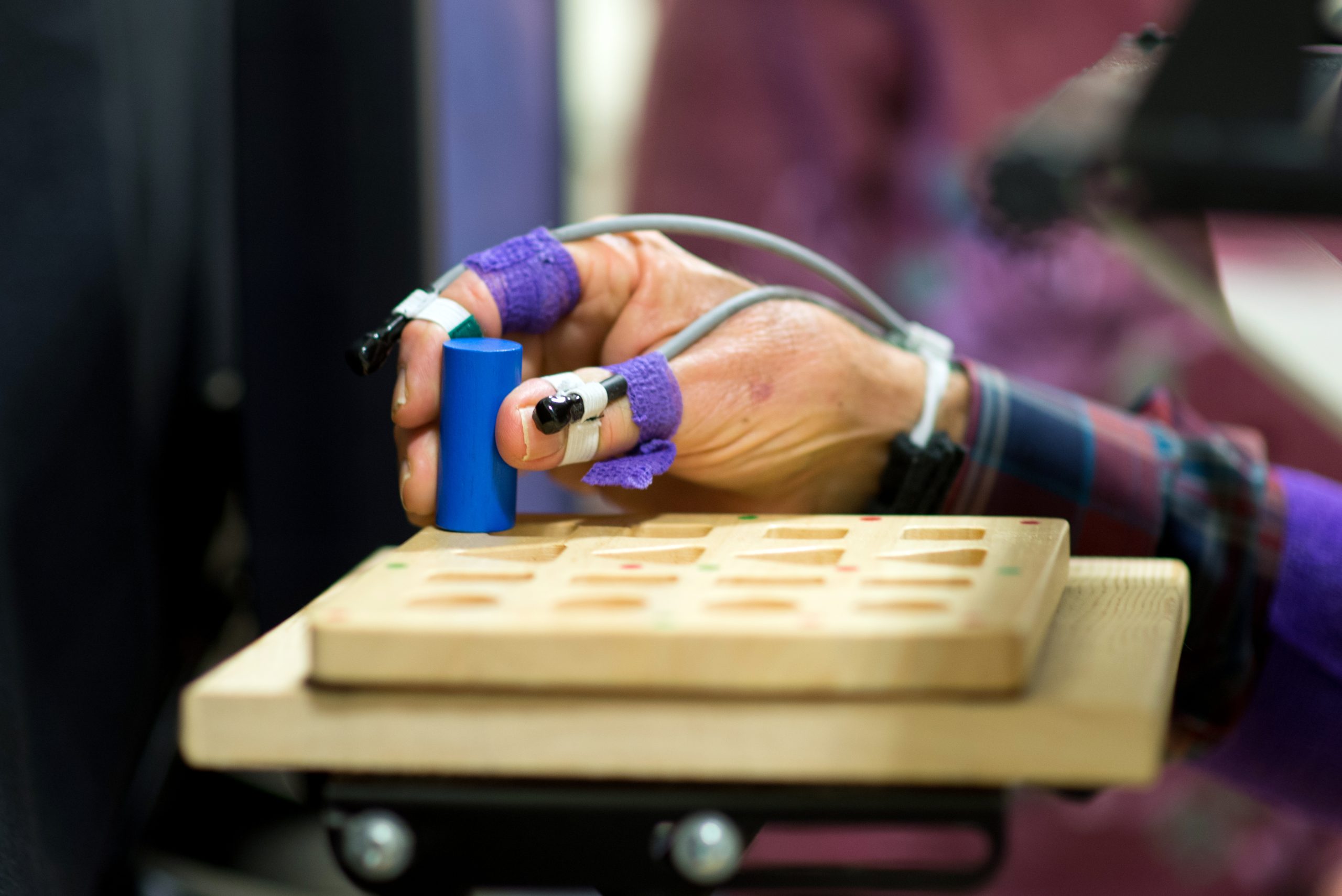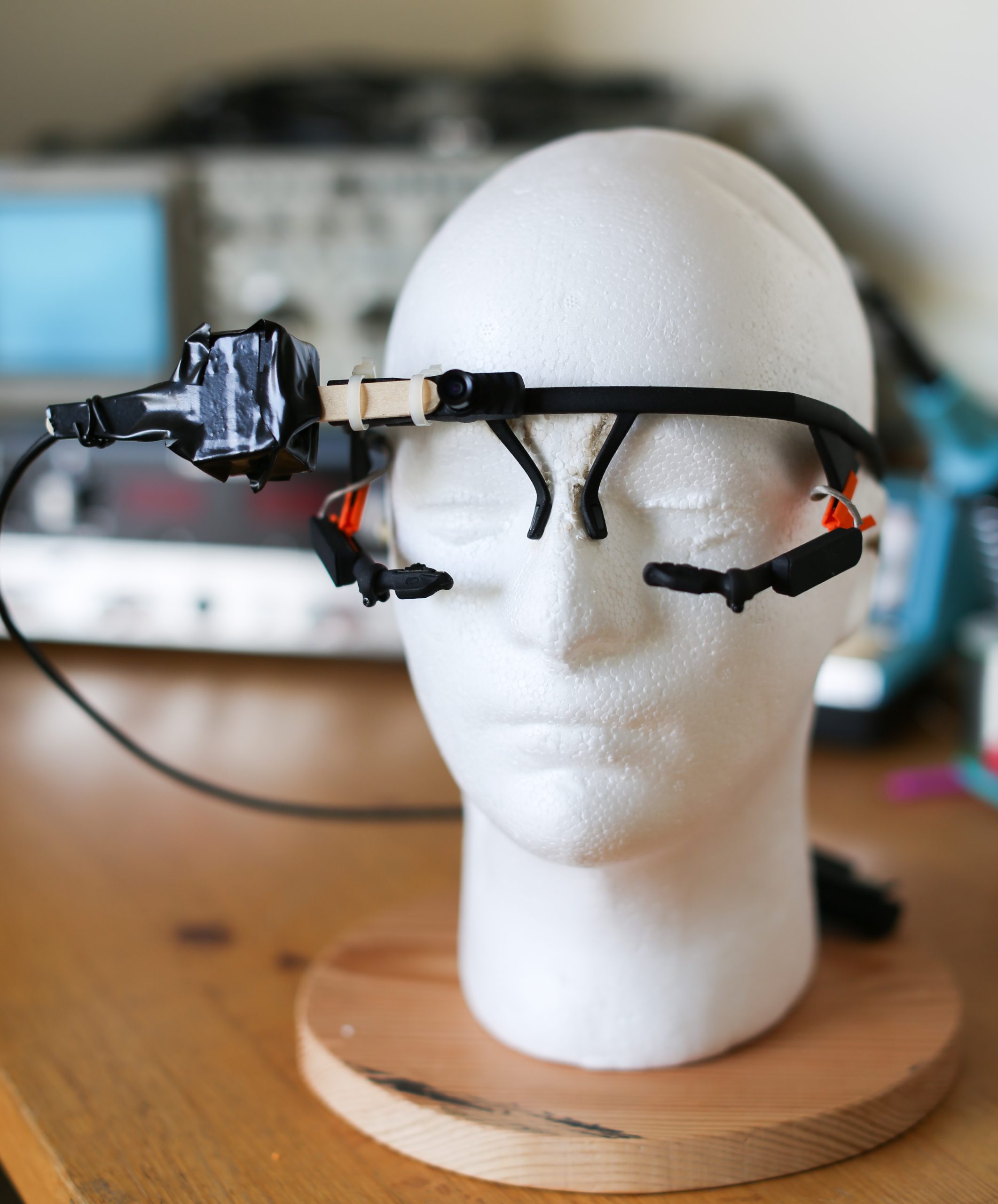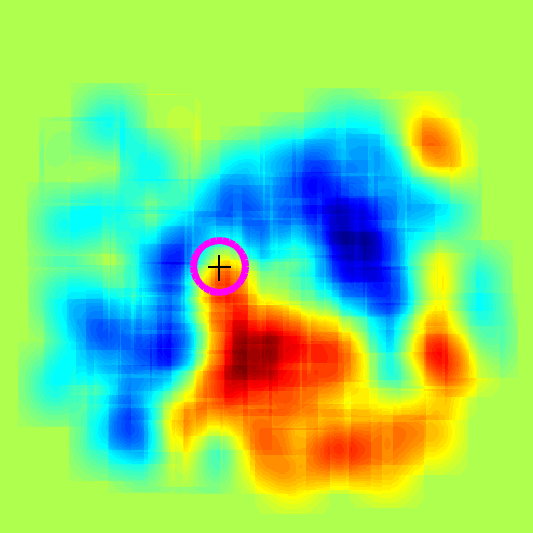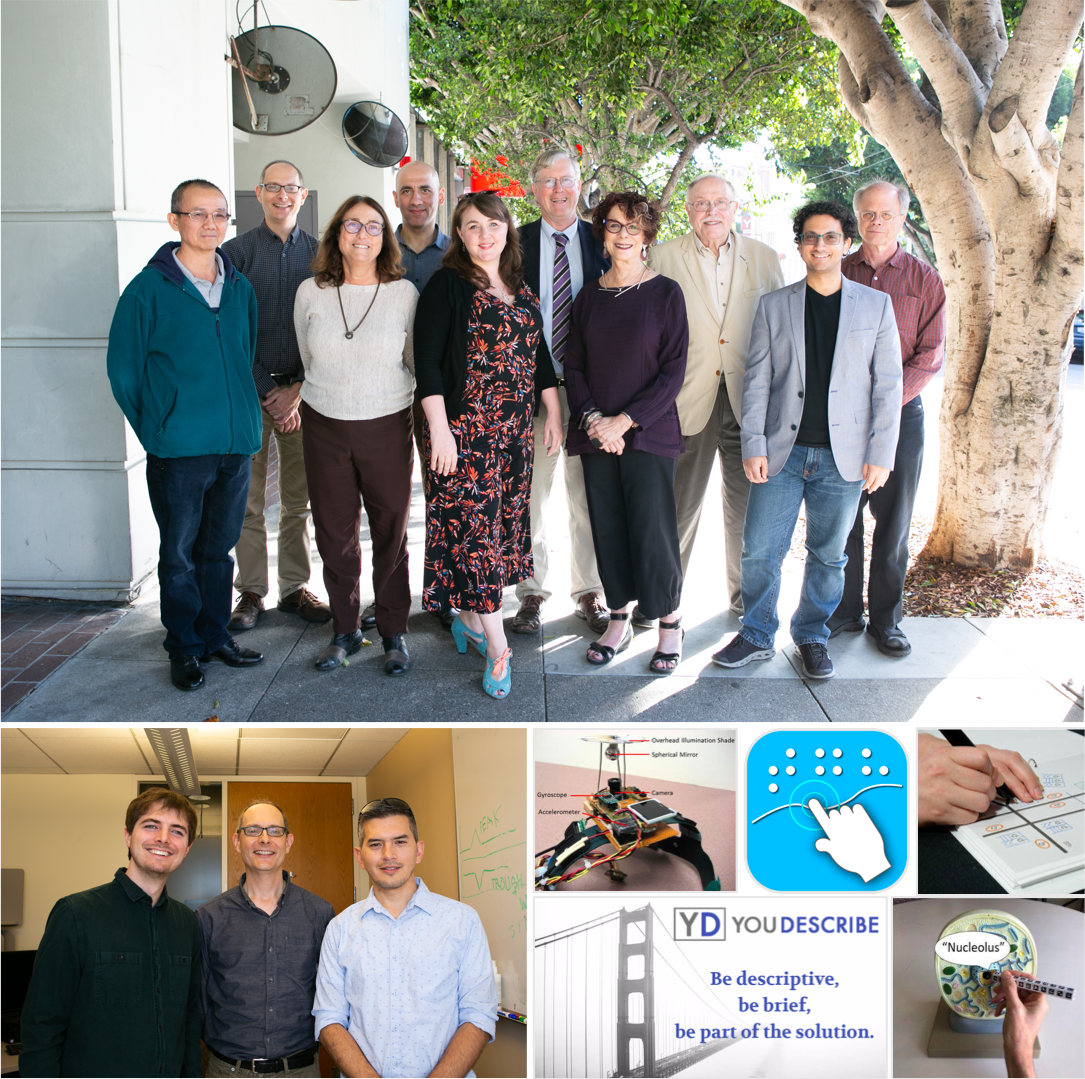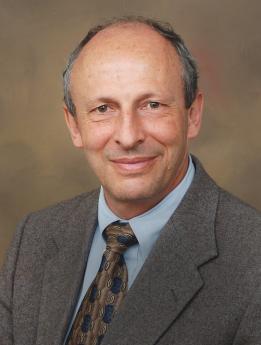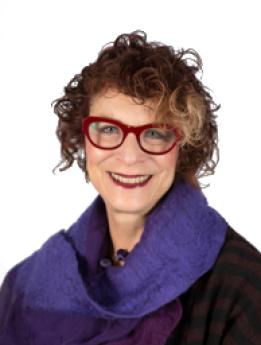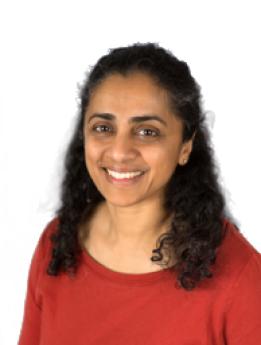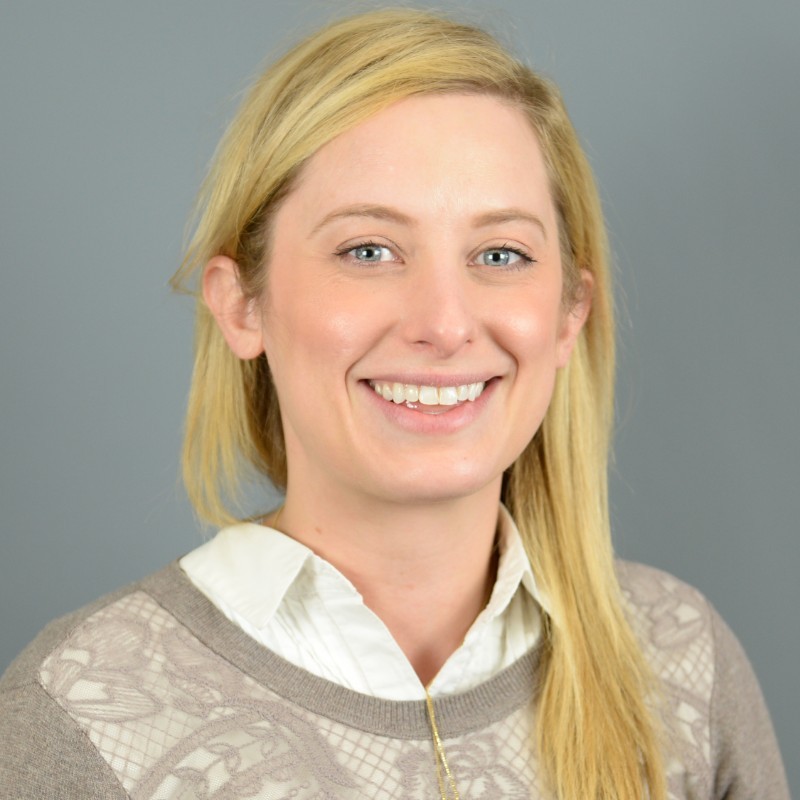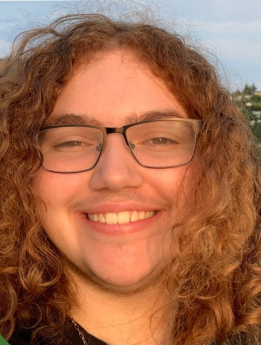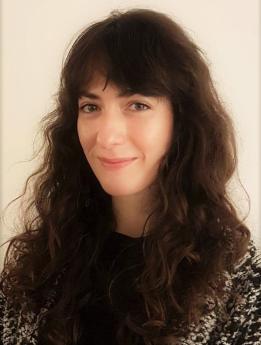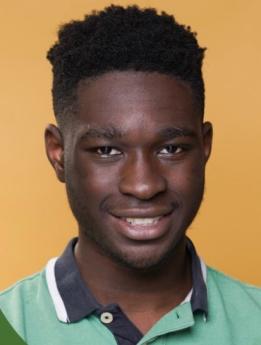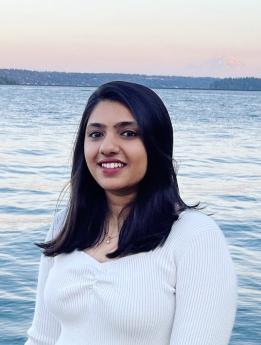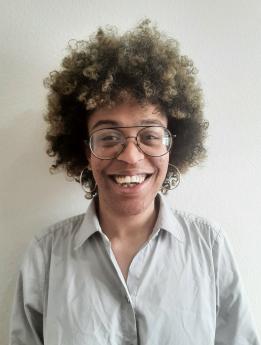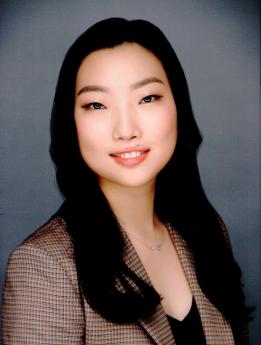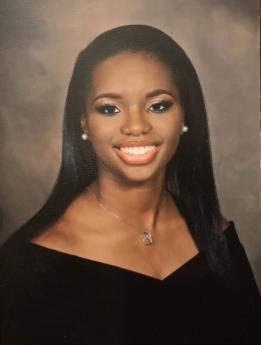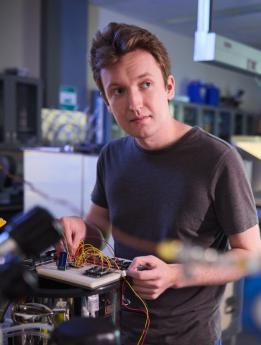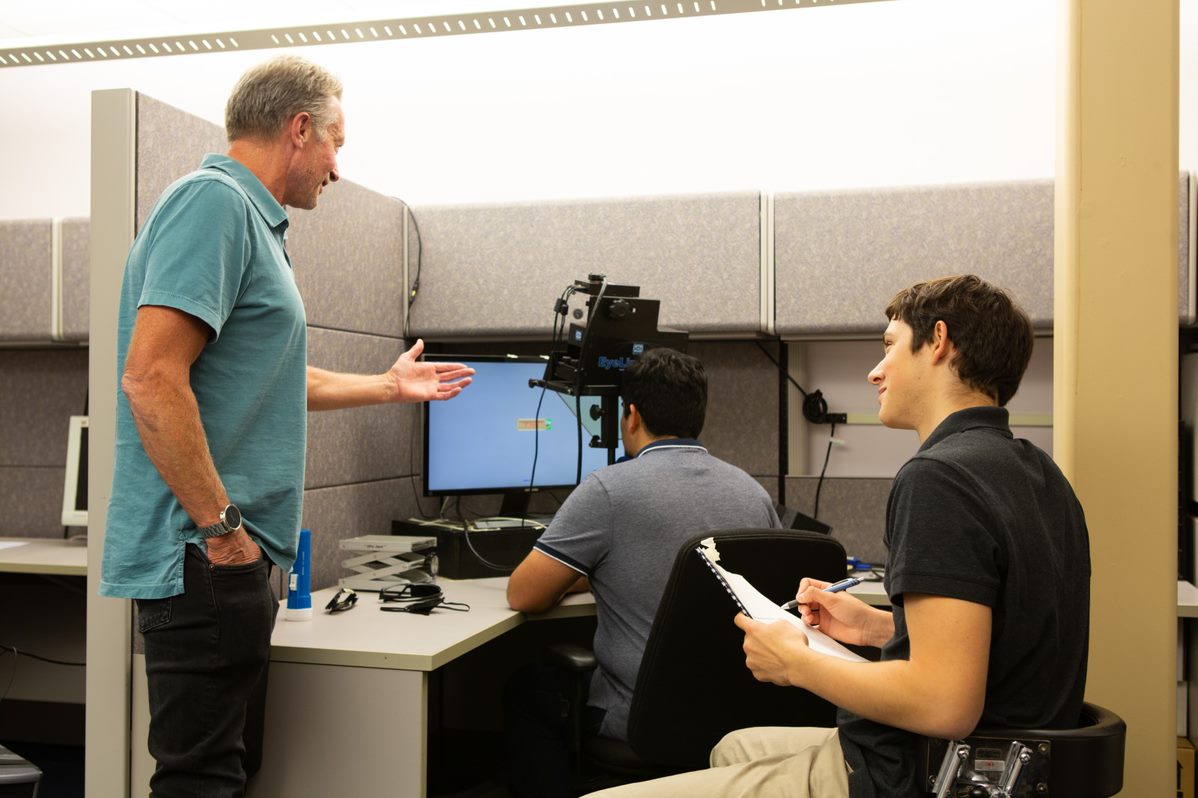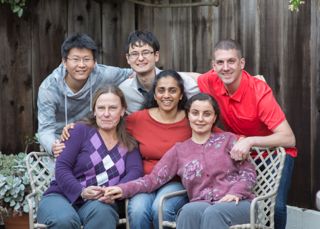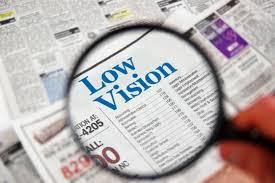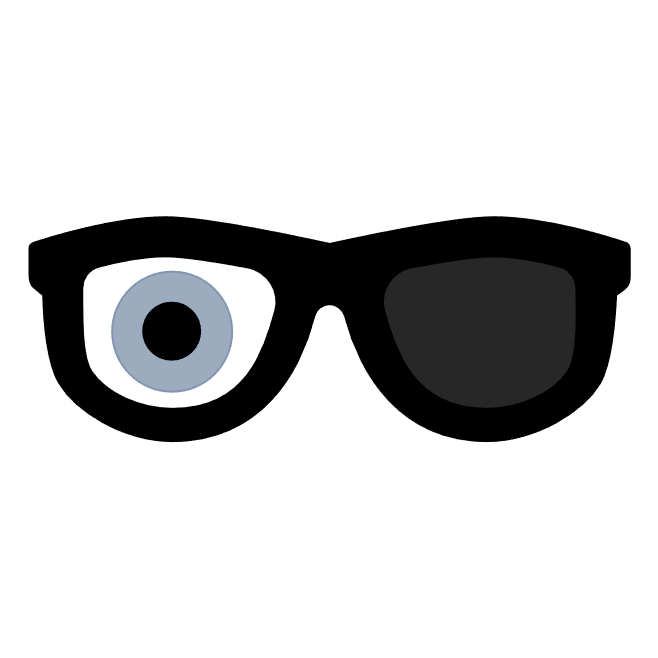Age-related macular degeneration (AMD) is the most common cause of vision loss in the developed world. Central visual field loss due to diseases such as AMD is a large and growing problem. It is also associated with higher risk of
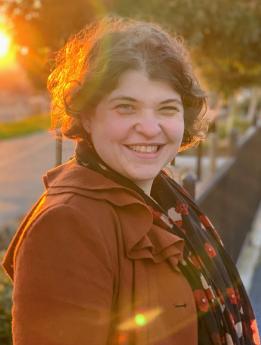
Scientist
Ph.D. in Neuroscience, University of Michigan
M.S. in Neuroscience, University of Michigan
A.B. in Physics, University of Chicago
A.B. in Psychology, University of Chicago
My research interests are placed at a number of intersections, such as senses, modalities and effectors. Currently in my lab, we are investigating the effects of central vision loss on visual/vestibular interactions and the effects of lifetime noise exposure on vestibular function.
In the experiments that examine central field loss, I am interested in how changes in the visual and vestibular senses are reflected in eye-head coordination and how these changes, in turn, affect tasks of daily living (such as navigation and walking). Considering that central visual field loss is most commonly age-related, I am interested in teasing out how aging and sensory loss affect each other in this population.
Noise exposure is a known cause of hearing deficits and those with noise-induced hearing deficits often report dizziness and instability. This relationship is unsurprising given the close proximity of auditory and vestibular sensors in the head and that the two systems share the VIII nerve. However, direct research into how auditory noise can affect the vestibular system is rather limited. I would like to help fill this gap.
To study these questions, my lab uses a mixture of vestibular and visual stimulation, eye and head movements, psychophysics and other behavioral measures.
Contact Information:
Email: natela@ski.org
Office Phone: (415) 345-2144
2318 Fillmore Street
San Francisco, California 94115
Links:
Mentorship Period:
April 2014 - September 2018Publications
Journal Articles
Conference Papers
Presentations/Posters
Theses
Projects
Challenges in Head-Free Eye Tracking in Health & Disease
This project is focused on investigating sources of error and potential improvement methodologies for head-free eye tracking, particularly in individuals with known oculomotor deficits
Vestibular Function in AMD: Verticality Perception
To accurately perceive one’s own state and that of the surrounding environment, visual, vestibular and somatosensory inputs must be appropriately weighted and dynamically reweighted depending on the environment and task difficulty, as well as signal reliability (and availability). Aging is
Effects of Noise Exposure Across the Lifespan on Balance and Stability in Older Adults
Falls in older adults are common, have high societal and monetary costs, often lead to injury and can even be fatal. It is known that noise can damage the vestibular periphery resulting in postural instability and compromised balance. This project
Robotic Oculomotor Simulator
Current eye tracking and calibration algorithms do not accommodate eccentric viewing and the capacity for accurate eye tracking is difficult to assess in individuals with central visual field loss, and few studies of naturalistic oculomotor behavior exist. To address this
Motion Perception in Central Field Loss
The project investigates motion perception in individuals with vision loss due to central retinal lesion, but who retain healthy peripheral retina. Healthy peripheral retina is exquisitely sensitive to fast speeds, however, there is limited and conflicting information about motion processing
Adaptive Visual Strategies for Individuals with Macular Degeneration
In this project we try to gain a better understanding of what visual strategies people use to gather information in the world.
Fovea Use During Smooth Pursuit
There is continuing debate as to whether smooth pursuit relies on the foveation of a moving target, especially when the target is compact. Previous studies have shown that gaze is placed on the center-of-mass of a target during saccadic eye
Coordination of Eye and Head Movements in Central Field Loss
This project investigates the interaction between central field loss (CFL) and vestibular function.
Characteristics of Smooth Pursuit in Individuals with Central Field Loss
This project investigates the properties of smooth pursuit eye movements in individuals with macular degeneration. Commonly believed to be a fovea-linked eye movement, smooth pursuit has not been previously investigated in individuals with central field loss, despite its importance for
Labs
Eye-Head Movement Laboratory
Our laboratory is interested in how changes in visual and/or vestibular function affect eye/head coordination, balance, and mobility, particularly in aging. We are currently pursuing two main lines of research: 1. The effects of central visual field loss on eye
Centers
Rehabilitation Engineering Research Center
The Center’s research goal is to develop and apply new scientific knowledge and practical, cost-effective devices to better understand and address the real-world problems of blind, visually impaired, and deaf-blind consumers. The RERC has many ongoing R&D projects and collaborative
